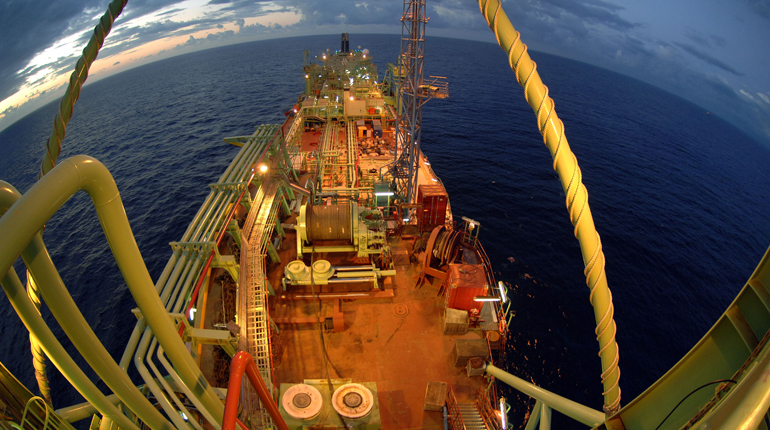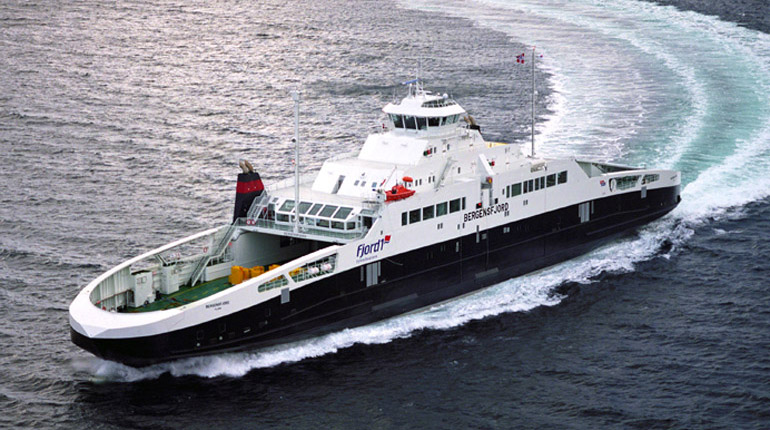Highlights
- Gas pipeline exports from North Africa to Europe are set to increase in Q1 2015 on an annual basis
- Competition between the power and petrochemical sectors for gas in Kuwait will increase the country's reliance on imported LNG
- Egypt has had success in finalising LNG import deals, but prices still pose challenges
Economic overview
The falling price of crude oil and the weakening of the naira against the United States dollar will make the investment climate in Nigeria more challenging, limiting oil and gas production in the country.
Quarterly year-on-year GDP growth rates
| Q1 2014 | Q2 2014 | Q3 2014 | 2014 | 2015 | 2016 | |
| Qatar | 6.2% | 5.7% | 6.0% | *6.5% | *7.7% | *7.8% |
| Egypt | 2.5% | 3.7% | -4.8% | *2.2% | *3.5% | *3.8% |
| Saudi Arabia | 5.1% | 3.8% | *4.6% | *4.6% | *4.5% | *4.4% |
| Nigeria | 6.2% | 6.5% | 6.2% | *7.0% | *7.3% | *7.2% |
| South Africa | 1.9% | 1.3% | 1.4% | *1.4% | *2.3% | *2.8% |
Brent crude oil prices have fallen by more than 50% since June 2014 to trade at around $50 per barrel in January 2015. This is denting Nigeria’s export revenues, and is partly responsible for the weakness in its currency. Meanwhile, the dollar strengthened by 13% against the naira year on year in December 2014, which also reduced investor confidence. However, low oil prices have also made European pipeline gas imports from North African countries such as Algeria more appealing.
GGA expects marketed gas production in Nigeria to decline by 2% on an annual basis – to 39.1 billion cubic metres – in 2015. Consequently, total gas exports from the country are expected to fall by 4% – to 25.2 bcm – during this period (see Oil price drop hitting Nigerian LNG, January 2015).
Log in to continue reading...
To continue reading this article, you must have an active subscription. By logging in or signing up for a free trial, you are agreeing to our terms and conditions, privacy policy and cookie policy.



